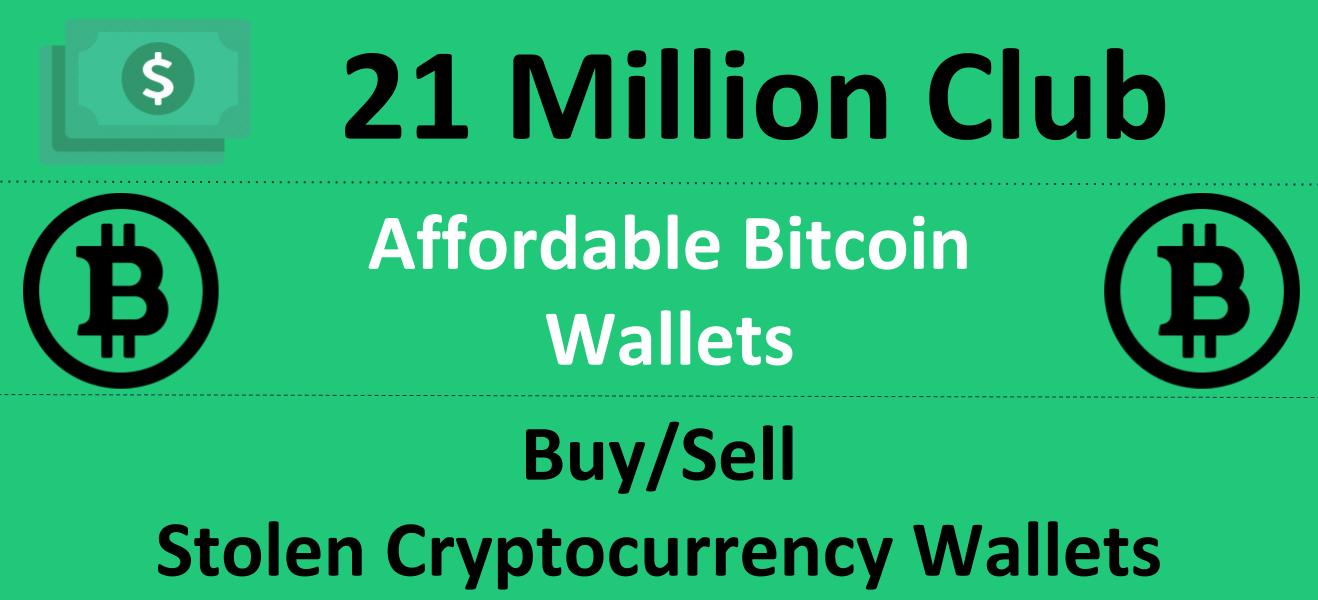In today’s digital age, where our lives are increasingly intertwined with the internet, ensuring privacy and security has become paramount. This is where a Virtual Private Network (VPN) comes into play. A VPN is a technology that provides a secure and private connection over a public network, such as the Internet. Data security is the primary reason businesses should use a VPN, but it is not the only reason. Private networks can also provide enhanced functionality, network management, and convenience. Let’s try to understand what VPN is and why it is needed.
What is a VPN?
A VPN provides users anonymity and privacy on the internet. It creates a private network over public internet connections, masking locations, and actions. VPNs enable users to access the internet privately and securely by routing their internet traffic through a remote server.
When you use a VPN, your data is encrypted before it leaves your device and travels through the VPN server. This encryption ensures that your online activities, such as browsing websites, sending emails, or accessing online services.
In general, VPNs are described as tunnels. Imagine the Internet as a cloud, and visualize a particular browsing session as a long stream of data bits navigating the cloud. The VPN acts as a tunnel that facilitates the transmission of this data while safeguarding it from being intercepted or accessed outside of the cloud. It employs sophisticated data encryption techniques to ensure the utmost security of the transmitted information.
How does a VPN work?
VPN works by linking you to a set of servers in a procedure known as tunneling. These servers act as a new ‘virtual location,’ moving your online journey into a safer environment.
As you explore the Internet in this secure space, the data you send & receive is entirely encrypted, providing you with more security & anonymity. When you click into a link or type an address into your browser, your PC sends out a series of communications through different computers. Your data travels across your local network, through new
PCs on the Internet, and even more computers on the website’s servers, before following a similar route back again to return the data to your computer.
When you use a VPN, those data packets are encrypted at the beginning point, generally hiding the data and the info.
There are two kinds of VPN. The first is a corporate VPN, sometimes named an enterprise VPN, which businesses use to secure information transfer between two local office networks. A corporate VPN engages in controlling both endpoints of the VPN.
The second is a consumer VPN, which secures only one endpoint. Consumer VPN services help protect your communications on applications, for example, social networks, online shopping, email, & banking, are protected.
Advantages of Using a VPN
Even though your operating system & web browser work together to protect your computer against diverse security threats, some network vulnerabilities could put your personal & private data at risk.
Here is why it is significant to use a VPN to your devices:
Improve Security
When using a VPN, you log in with your ID, and the computer exchanges reliable keys with a remote server. Once the server validates you as authentic, all communications turn encrypted. This encryption mechanism protects your info from data theft, hackers, & spying governments.
Hides your IP
An IP address is a 32-bit number that works as a system identifier. It is used to define, structure, & deliver info from one network to another. When you visit a website, the IP address is coupled to your PC & your location.
A VPN connects your link to a specific server & guides all your traffic throughout it to hide your actual IP address. It makes it impossible for third parties to recognize your actual location.
Easy and efficient access from remote locations
Many companies use data centers to host their business info. But running a data center could cost millions each year, and the emergence of cloud technology made things cheaper, easier, and more efficient.
Now, your business can store data on the cloud, and you do not need a data center. A company VPN makes remote access more secure without the need for any heavy investments in IT infrastructure. As your data is encrypted through the VPN, you can offer flexible access to your workers without compromising data security.
If you want more efficiency with remote access, select a provider that will give login data. This provides insights into who is accessing your data & why, so you are always on top of what is occurring within your business.
Cost-effective
Since the virtual private system allows snappier access to online data, info utilization will be less, bringing down costs. Likewise, it is reasonable for a business to use a VPN; a VPN service is necessary to operate daily business transactions.
Increase performance
Once a business has installed & uses a VPN, they will get quicker system speeds & builds data transmission. This will make online use considerably more proficient, mainly when the need to download any vast records emerges.
Secure online transactions
One of the significant advantages of using a VPN for eCommerce is secure online transactions. Making online payments or transfers can be unsafe. Without sufficient security & data privacy measures, our financial info can be easily exposed to cyber threats. By 2025, the global eCommerce market is anticipated to reach $7.4 trillion, so learning how to secure transactions becomes vital. By leveraging this trend, you can guarantee your company’s future expansion.
A VPN connection is a fantastic solution for protecting e-wallets, bank accounts, and other sensitive info posted on a website. Using high-level 256-bit encryption, VPN technology guarantees that all your online transactions will remain untraceable and anonymous. It will ensure that every purchase & money transfer happens securely & privately.
Unblock websites & bypass filters
There may be situations where you cannot access definite websites which your office or university blocks, but you still want or require access.
These websites include movie downloading websites, social networking sites, or any kind of media streaming sites.
In these situations, a VPN will aid you to bypass all the blocking filters & let you access the sites you want to access.
Prevents ISP Data Tracking
Internet Service Providers might track your data. Tracked data contains what websites you visit, how much time you spend browsing a specific webpage, and more.
They track subscriber data since your ISP might use your browsing history as a part of their profits stream. Many ISPs generate anonymous browsing logs & sell that to a marketing company. Furthermore, the data collected by your ISP could be accessed by a government agency or police.
A VPN encrypts your connection & protects your internet activity from your ISP. Protection against data tracking apps & services
There are numerous apps and internet services that track your internet activity.
For example, Facebook tracks both users & non-users through its website and mobile app. The latest data breach in the Facebook servers compromised the private data of more than 533 million users.
A VPN restricts location data collection and prevents apps & websites from attributing your activities to your device’s IP address.
Protects your data on public WiFi
Public WiFi hotspots are very convenient but less secure than office or home broadband. Data transmitted across an open public network could be easily intercepted & viewed by cyber criminals.
Even on a password-guarded link, you are visible to other users on the network. A hacker could get the same café password you have, & then get them onto the same network as you. A VPN could help make online activity more secure with encryption.
Allows access to blocked content
Geo-blocking engages in blocking access to content on the Internet based on your location. Several websites & streaming services use geo-blocking to comply with state, local, or national laws. ISPs might also use geo-blocking as a part of their traffic-shaping policy & to manage their bandwidth.
VPNs are an excellent means to access geo-blocked content. They spoof your location, making it appear you are browsing from another place. This permits you to access geo-blocked content from any place in the world.
Additional security for high-profile people
High-profile people like politicians, journalists, and prominent businessmen often exchange classified documents, trade secrets, & sensitive info over the Internet.
Since a typical online connection is not entirely safe or encrypted, it is essential to use a VPN to guarantee end-to-end encryption & protect the network against unlawful data intrusion.
Strong data privacy
Virtual Private Networks are a privacy tool for all businesses. Without encryption & anonymization, sensitive info is always at risk. Your Internet Service Provider can log & read traffic at will. Individual apps could use user data for marketing purposes or cybercrime. SaaS services & search engines also log user activity.
Data logging might be okay for casual browsers. But businesses regularly communicate classified info about projects, strategies, & clients. Business data is enormously valuable to criminals & competitors & must always be secured. Using a VPN solves this problem, and IP address anonymization makes logging or tracking very hard.
How can you select a reliable VPN?
Picking a VPN provider is vital, as you trust it with your most sensitive information. There are several VPN services available, and thus it takes time to select the correct one.
Follow the below guidelines when picking your VPN provider:
Security
This might be the leading cause you are using a VPN. Thus you will want to check the level of encryption the provider offers. 256-bit encryption is usually standard for a VPN.
Versatility
Pick a VPN that supports many platforms & multiple devices. A reliable VPN supports simultaneous connection to your desktop, laptop, and Smartphone with extra room left for other devices.
Data storage
Knowing what a VPN provider will store regarding your online activities is significant. To guarantee your security & anonymity, you want a VPN with a “no log policy,” which means they will not save info regarding the sites you visit or the files you download.
Cost
The price of the VPN is possibly a significant factor in decision-making. Free services offer no guarantee in terms of security, privacy, & overall performance, & you will miss so many great features presented by the paid services. Luckily, several VPN services are reasonably priced.
Conclusion
An increasing number of people use their smartphones to get work done. If you regularly log onto public WiFi or use your phone while traveling, getting a VPN is a smart idea. A VPN will not make you unbeatable online, yet it can help protect your privacy. It is a valuable part of your security & privacy toolbox, & like every tool, a VPN works best when you use it for an accurate job.
FAQs
Is there any legal implication if I use a VPN?
Generally speaking, using a VPN will only get you into legal problems if you live in a country that has unequivocally forbidden the technology. It is easy to conduct illegal activity using a VPN than a regular connection.
Several VPNs ensure no illegal activity or deception occurs on their service. VPNs rarely monitor or log the sites you visit, so make sure you check the logging policy before using one.
Is using VPN on mobile safe?
Yes, it’s totally safe to use VPNs on smartphones. In order to get the best results, it is recommended to use reputable and paid VPNs.
Is it complex to set up a VPN?
Most VPN providers make it as easy as much as possible to download & launch a VPN service, much like any software. While you set it up, the default settings make it easy to start. From there, you can change settings like the VPN protocols to your choice.
Will a VPN affect my internet speeds?
It can, but this all depends on a range of factors, for example, the strength of your internet connection & server latency. Connecting to a server the furthest away might generate some latency problems with transferring data. Simultaneously, when you use any encryption tools, it could slow down your connection, yet with advanced software, the difference is becoming insignificant.


